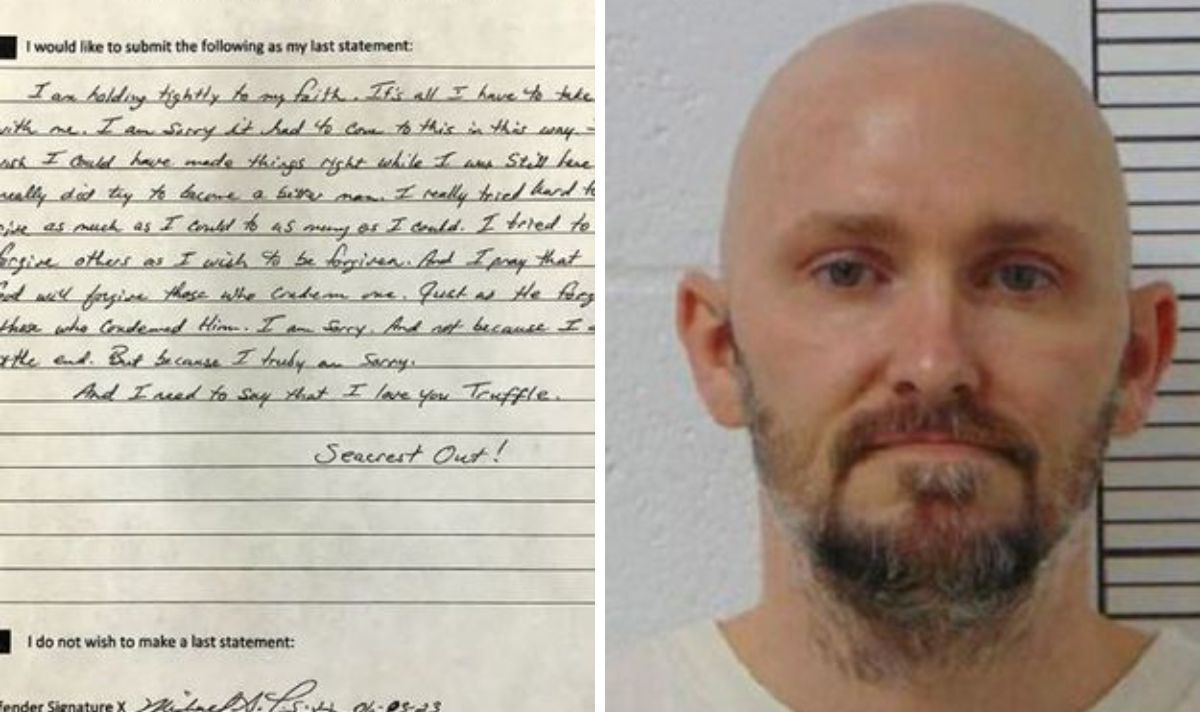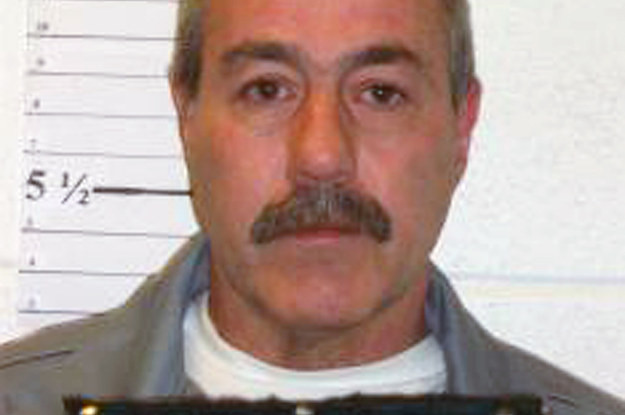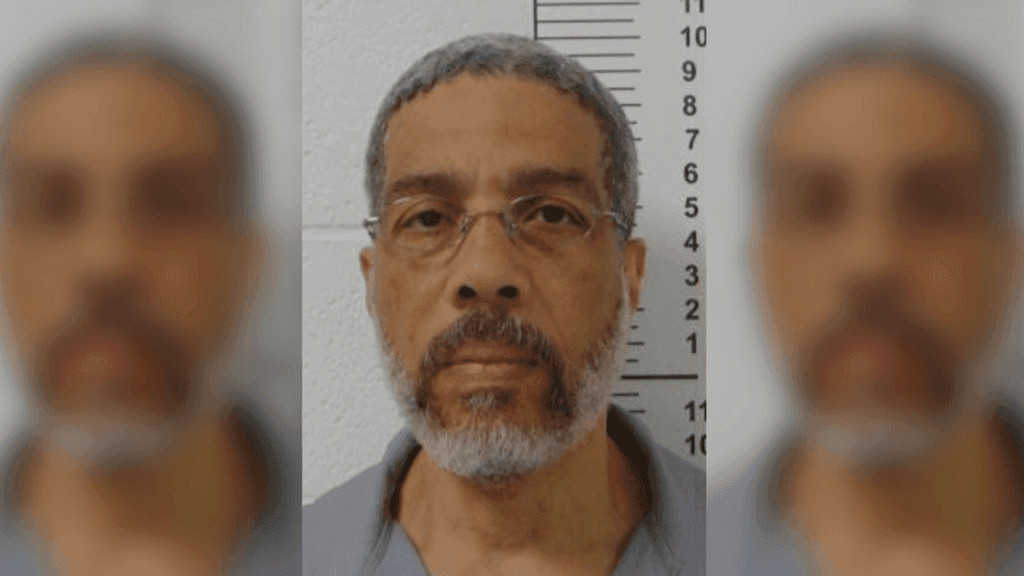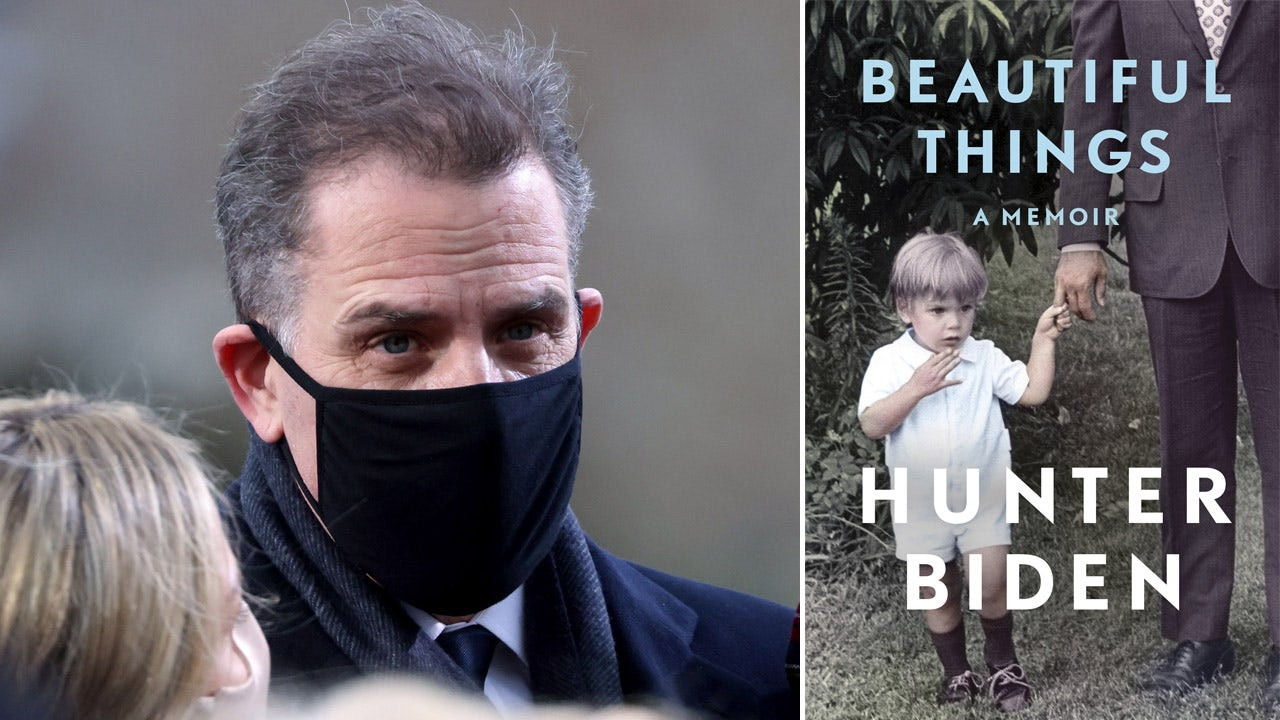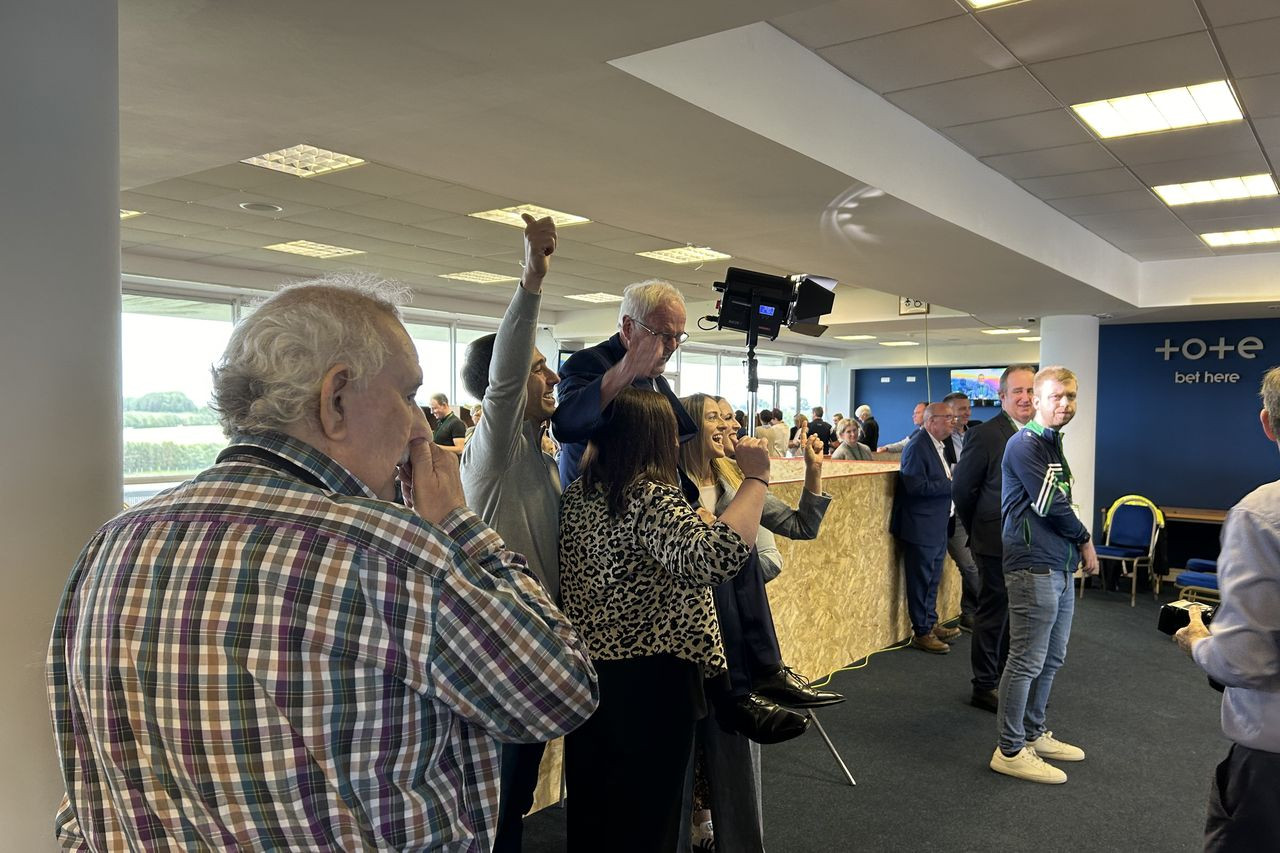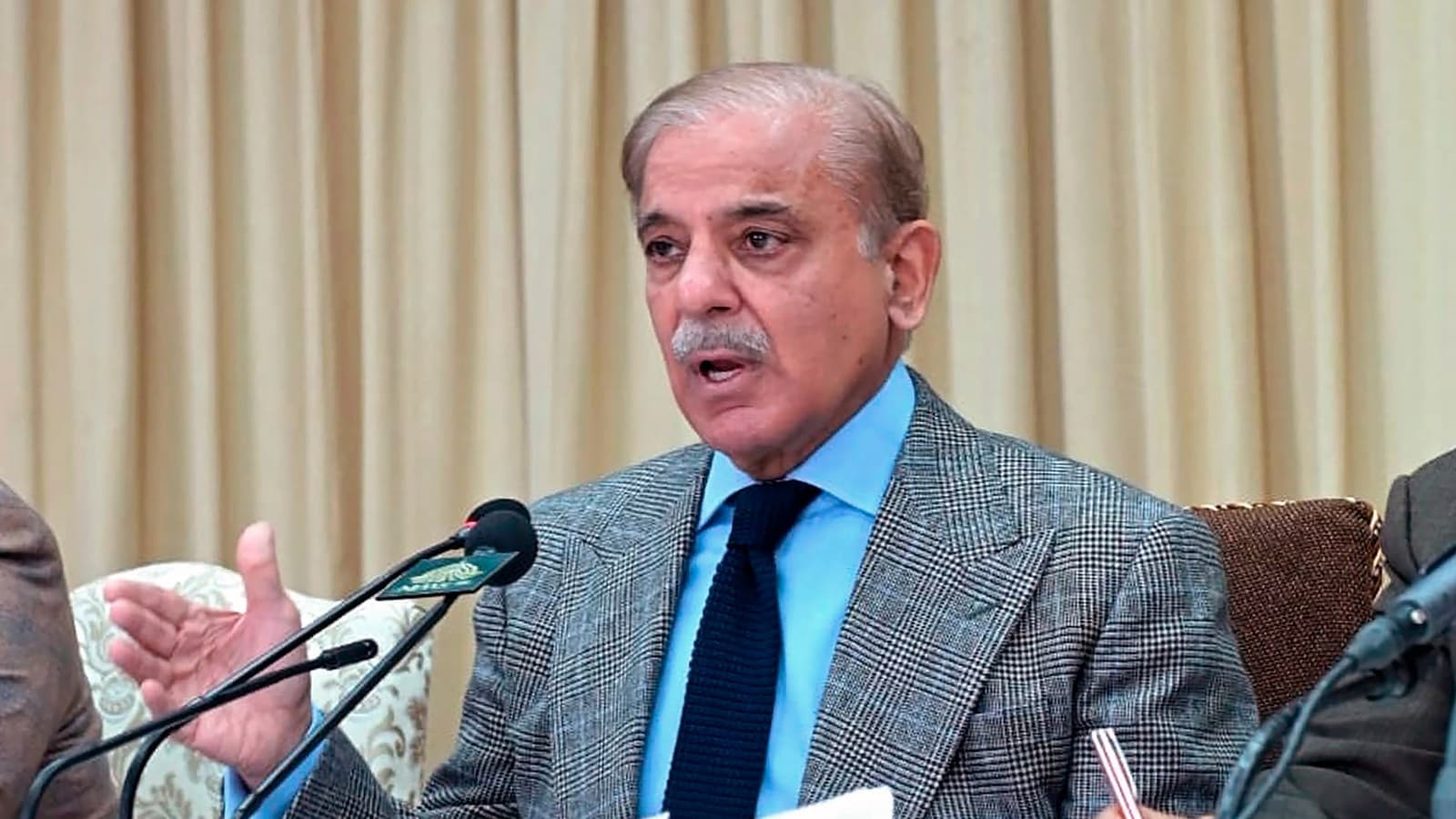Marcellus Williams, a Missouri inmate on death row since 2001, was executed as scheduled on Tuesday, Sept. 24. Williams died by lethal injection at 6 p.m. CT after his murder conviction for the 1998 stabbing death of newspaper reporter Felicia Gayle. Earlier Tuesday, the U.S. Supreme Court denied a stay of execution, reports NBC News and the Associated Press.
The execution was carried out at Eastern Reception, Diagnostic and Correctional Center in Bonne Terre, Mo., reports Fox2Now. Before his execution, Williams released a statement reading, “All Praise Be To Allah In Every Situation!!!”
Gayle, a journalist at the St. Louis Post-Dispatch, was found brutally murdered inside her gated community home in University City, Mo., on Aug. 11, 1998, PEOPLE previously reported. Investigators later determined that Gayle had been stabbed at least 43 times, dying from 16 wounds to her head, neck, chest and abdomen.
Williams had long maintained his innocence in the killing. In late August, his lawyers appeared before a Missouri judge seeking to overturn his conviction and death sentence at an evidentiary hearing. According to the Innocence Project, his final motion was denied after “the discovery that the trial prosecutor had contaminated potentially exculpatory DNA evidence.”
The St. Louis County Prosecutor’s Office, which convicted Williams, now supports his claims of innocence. In a 73-page joint brief filed over the weekend, the county prosecutors and defense lawyers agree there is no forensic evidence tying Williams to the 1998 stabbing death of Felicia Gayle.
Williams’ execution comes as the state of Missouri, along with several others, has ramped up executions following a 13-year pause in the state of South Carolina. Missouri and Texas both put inmates to death Tuesday, amid a series of executions that began last week and are expected to continue in the coming days. A Missouri man on death row was executed for the brutal 1998 killing of a woman inside her home, marking the beginning of a series of executions in several states over the next couple of days.
More executions were scheduled to take place in Oklahoma and Alabama. South Carolina conducted an execution Friday.
The recent changes to the FAFSA have been plagued by errors and miscommunication from the U.S. Department of Education, affecting millions of students who rely on student aid. The U.S. Government Accountability Office testified yesterday about the issues during the last application cycle and what needs to be done to improve the next one. It identified 55 defects in the form that caused confusion for students and their families.
The Justice Department has filed a lawsuit against Visa, alleging that the company has illegally monopolized the debit card market. The lawsuit claims that Visa's actions led to higher prices for both businesses and consumers. According to the lawsuit, Visa controls over 60% of the debit card transactions in the United States and earns more than $7 billion annually in processing fees. The company is accused of setting prices in a way that makes it very costly for merchants to use any other processing company.
Case of Contaminated Evidence
The St. Louis Prosecuting Attorney’s Office, which handled the trial against Williams, argued in the motion that DNA testing of the knife used in the killing might suggest Williams was not Gayle’s killer. However, that effort unraveled at a circuit court hearing last month, after new DNA testing revealed the murder weapon had been mishandled prior to the 2001 trial – contaminating the evidence meant to exonerate Williams and complicating his quest to prove his innocence.
Attorneys “received a report indicating the DNA on the murder weapon belonged to an assistant prosecuting attorney and an investigator who had handled the murder weapon without gloves prior to trial,” the state’s judicial branch said.
But the Missouri Attorney General’s Office said the new DNA findings released last month don’t exonerate Williams.
“In this case, a new round of DNA testing proved the office was right all along; the knife in question has been handled by many actors, including law enforcement, since being found,” Bailey said.
“In addition, one of the defense’s own experts previously testified he could not rule out the possibility that Williams’s DNA was also on the knife. He could only testify to the fact that enough actors had handled the knife throughout the legal process that others’ DNA was present.”
Other evidence that helped convict Williams “remains intact,” the attorney general said.
“The victim’s personal items were found in Williams’s car after the murder. A witness testified that Williams had sold the victim’s laptop to him. Williams confessed to his girlfriend and an inmate in the St. Louis City Jail, and William’s girlfriend saw him dispose of the bloody clothes worn during the murder,” the attorney general’s office said.
Family Calls for Mercy
Last month, Gayle’s relatives gave their blessing to an agreement between the St. Louis County prosecuting attorney’s office and Williams’ attorneys to commute the sentence to life in prison. But acting on an appeal from Missouri Attorney General Andrew Bailey’s Office, the state Supreme Court nullified the agreement.
Despite the prosecutor's change of heart, Williams' family members said that the state is prepared to execute an innocent man.
“Missouri is poised to execute an innocent man, an outcome that calls into question the legitimacy of the entire criminal justice system,” Williams’ attorney, Tricia Rojo Bushnell, said in a statement shared on behalf of the Innocence Project.
A System That Values Finality Over Fairness
Williams’ execution has sparked widespread outrage and renewed criticism of the death penalty, highlighting the issue of potentially putting an innocent person to death – an inherent risk of capital punishment. At least 200 people sentenced to death since 1973 were later exonerated, including four in Missouri, according to the Death Penalty Information Center.
In a statement posted on X, the NAACP said “Missouri lynched another innocent Black man. Governor Parson had the responsibility to save this innocent life, and he didn’t … We will hold Governor Parson accountable. When DNA evidence proves innocence, capital punishment is not justice – it is murder.”
After the execution, one of Williams’ attorneys, Larry Komp, said his client maintained his innocence to the end.
“While he would readily admit to the wrongs he had done throughout his life, he never wavered in asserting his innocence of the crime for which he was put to death tonight,” Komp said. “Although we are devastated and in disbelief over what the State has done to an innocent man, we are comforted that he left this world in peace.”
Moments after the high court decision was made, another of Williams’ attorneys, Tricia Rojo Bushnell, told CNN’s Jake Tapper the state was prepared to kill an innocent man.
“They will do it even though the prosecutor doesn’t want him to be executed, the jurors who sentenced him to death don’t want him executed and the victims themselves don’t want him to be executed. We have a system that values finality over fairness, and this is the result that we will get from that.”
“It is news to all of us, and I think that it should be a shame to all of us, that we have a system that will let a man be executed in spite of all of this, really is not a system of justice,” the attorney said.
Williams' Last Words
Williams’ last statement, witnessed on September 21, was “All Praise Be to Allah In Every Situation!!!” Williams was a devout Muslim, an imam for prisoners and a poet, according to his legal team.
Williams’ last meal included chicken wings and tater tots, said Karen Pojmann, spokesperson for the Missouri Department of Corrections.
He had a final visit with Imam Jalahii Kacem from around 11 a.m. to 12:30 p.m. CT.
Around 4:50 p.m., the Department of Corrections received word that all petitions had been denied by the US Supreme Court, and about an hour later, witnesses, including Williams’ son and two of his attorneys, were moved into the viewing area of the prison, Pojmann said at a news conference.
At 6 p.m., state Attorney General Andrew Bailey notified the Department of Corrections that there were no legal impediments to the execution. The lethal injection was administered at 6:01 p.m. and Williams was pronounced dead at 6:10 p.m., Pojmann said.
Around 100 demonstrators were present on the prison grounds protesting capital punishment and Williams’ execution, Pojmann said.
No one from Gayle’s family was present for Tuesday’s execution.
Questions About the System
Williams' execution has sparked renewed calls for reforms to the death penalty system in the United States.
“We hope this gives finality to a case that’s languished for decades, re-victimizing Ms. Gayle’s family for decades,” Gov. Mike Parson said in a statement read by Trevor Foley, director of the Missouri Department of Corrections. “No juror no judge has ever found Williams’ innocence claim to be credible. Two decades of judicial proceedings and more than 15 judicial hearings upheld his guilty conviction. Thus the order of execution has been carried out.”
The case of Marcellus Williams serves as a stark reminder of the profound flaws and uncertainties inherent in the criminal justice system, especially in the context of capital punishment. As advocates continue to call for a moratorium on executions, the question remains whether this system is truly capable of delivering justice and ensuring the lives of innocent individuals are protected.
While the debate surrounding the death penalty continues, the case of Marcellus Williams serves as a tragic reminder of the potential for irreversible consequences when flawed systems collide with the ultimate sanction.




